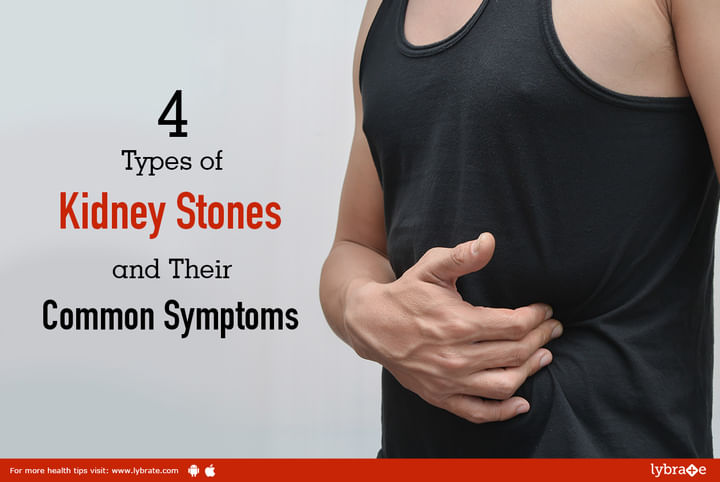4 Types of Kidney Stones and Their Common Symptoms
The 4 types of kidney stones and their common symptoms
Defined as hard and small mineral deposits that develop inside your kidney, kidney stones are made up of acid salts and minerals. The causes of this disease are not well-defined, although risk factors include drinking very little amounts of water and having a diet rich in sodium, protein and oxalate (chocolate and green leafy foods for example). However, knowing the type of kidney stone you suffer from can help ascertain the cause.
Here are the common types of kidney stones.
Struvite stones
This type of kidney stone is usually a response to certain kind of infection, such as a urinary tract infection for example. Characterised by rapid growth and a large size, struvite stones can develop without any warning signs.
Calcium stones
These are the most common type and are caused by a diet rich in oxalate. Risk factors for calcium stones include a diet consisting of plenty of nuts, chocolates and certain fruits and vegetables; metabolic disorders, high doses of vitamin d and intestinal bypass surgery, all of which can increase the amounts of calcium or oxalate in your urine, indicating the development of kidney stones.
Cystine stones
Those individuals with a hereditary disorder that causes their kidneys to produce certain amino acids (cystinuria to be precise) in excess are most likely to get cystine stones.
Uric acid stones
These are common in those whose diets are lacking in water or those who suffer from the excess fluid loss. People with a high protein diet and those who suffer from gout are also at risk. Genetic factors play a major role as well in increasing your risk of getting uric acid stones.
Apart from these, there are other rarer types of kidney stones that can also arise depending on a combination of an individual's lifestyle and genetic make-up.
However, to determine whether you're suffering from any of the aforementioned types of kidney stones, you must first know its common symptoms, which are:
- excruciating pain in your sides, and back, especially below your ribs
- feelings of pain in the groin and the lower parts of your abdomen
- intense and fluctuating pain that comes and goes in waves
- pain while urinating
- urine that is red, brown or pink in colour
- urine that's cloudy or has a foul odour
- vomiting and nausea
- constant urge to urinate
- increased frequency of urination
- urinating in small amounts
- chills and fever in case of an infection
'consult'.
Related Tip: 20-Year-Old Indians Experiencing Kidney Failure! 4 Killer Reasons.



+1.svg)
